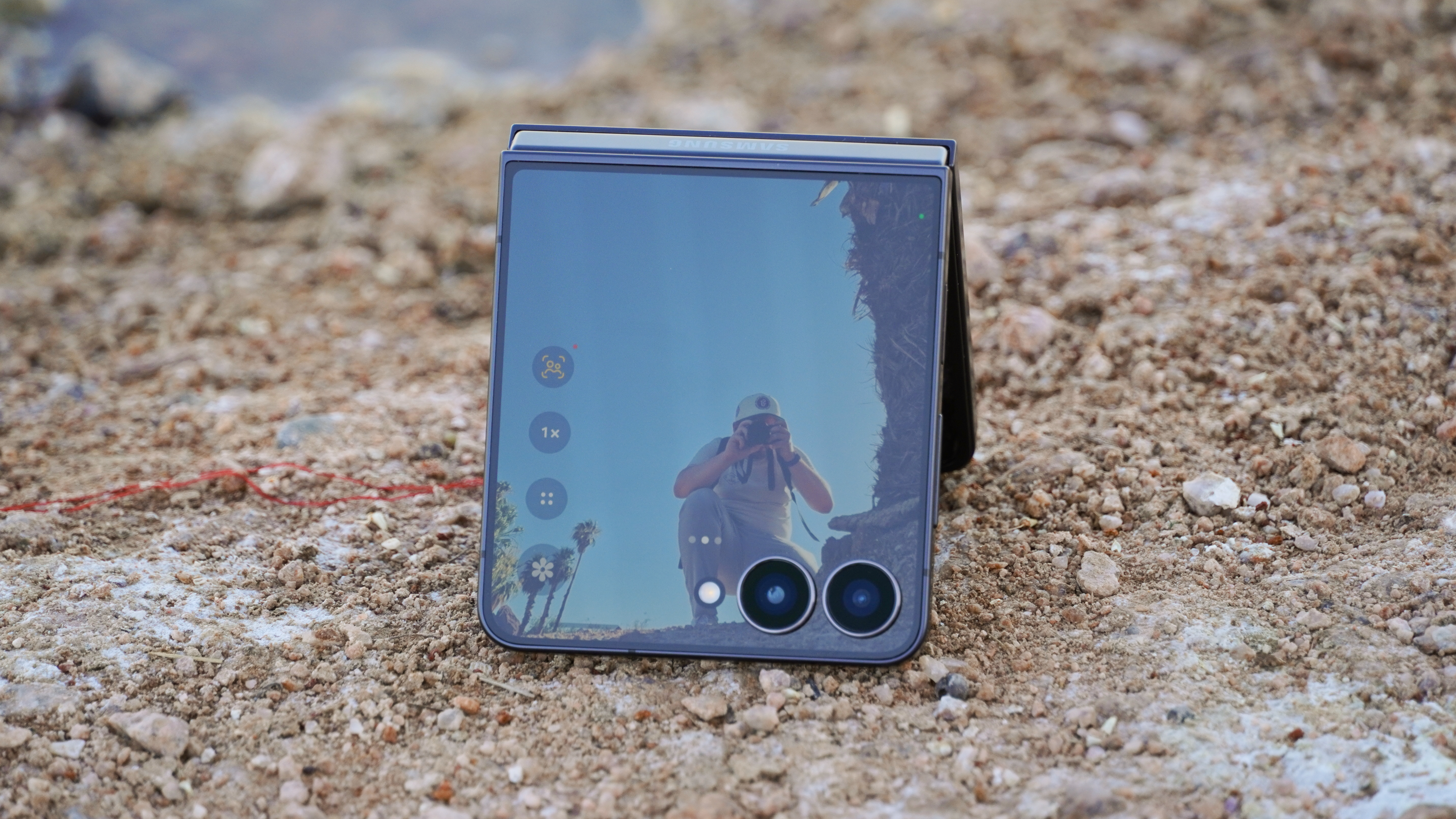FaceTime Links show that Apple has no intention of treating Android users equally
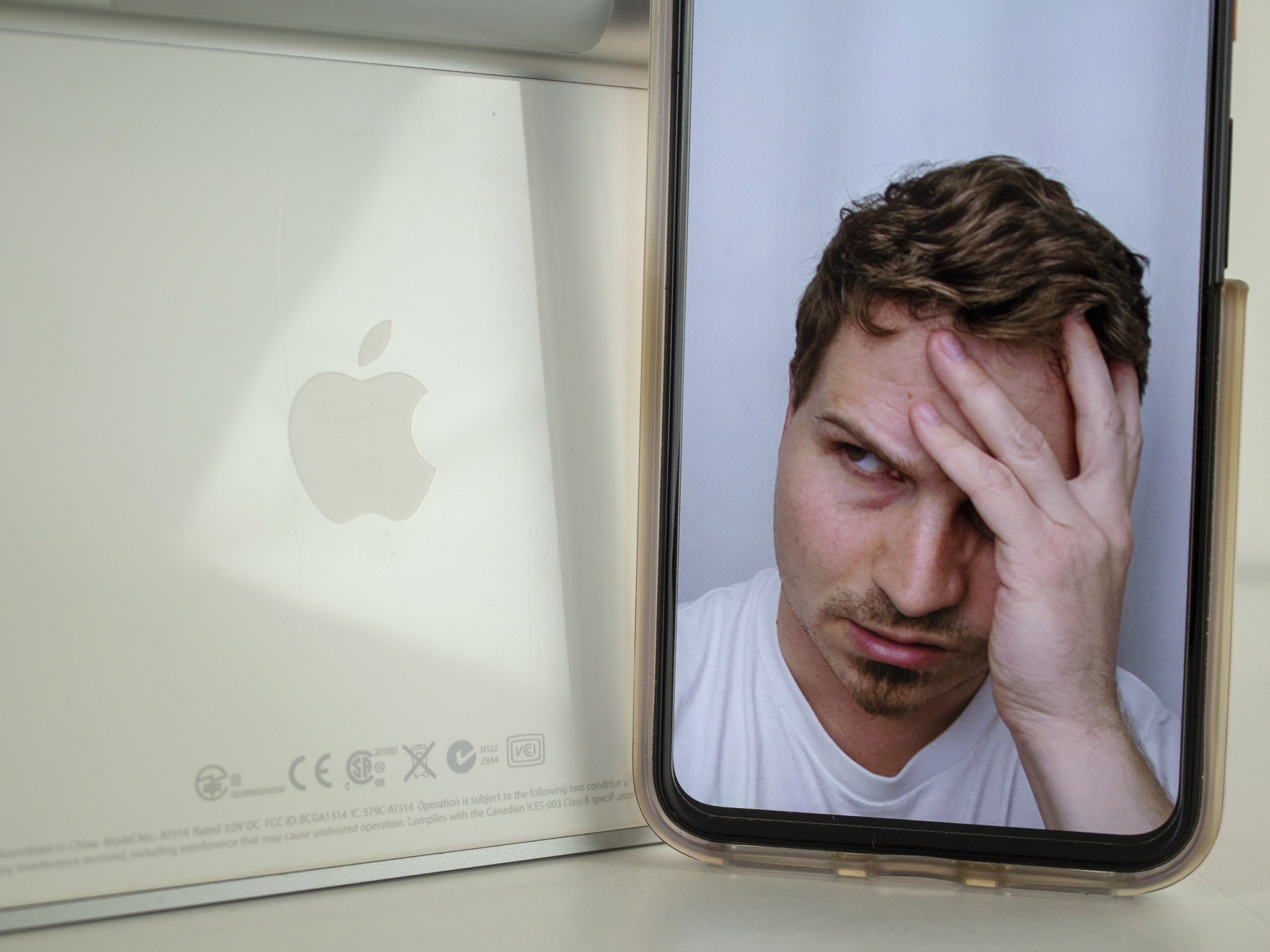
Get the latest news from Android Central, your trusted companion in the world of Android
You are now subscribed
Your newsletter sign-up was successful
Ah, FaceTime. Just as the name iPad is often used in place of a tablet, FaceTime has become synonymous with video calling someone. That changed a bit in 2020 when people began using Zoom for their daily needs and, it seems, Apple has noticed the shift. Zoom isn't just used for meetings, though; I've used it personally when video calling long-distance family or friends, and certainly an unknowable number of times during the pandemic for just about every event you could think of.
One of Zoom's biggest advantages over FaceTime is its ability to use it on every single platform in existence. Basically, if your platform of choice can connect to the Internet, you can use Zoom. But Apple's latest attempt at aping its competition is about as half-hearted as it gets. The big news, of course, is that FaceTime is coming to Android! Queue celebration until you realize just how limited FaceTime on Android — or any other non-Apple platform, for that matter — will be.
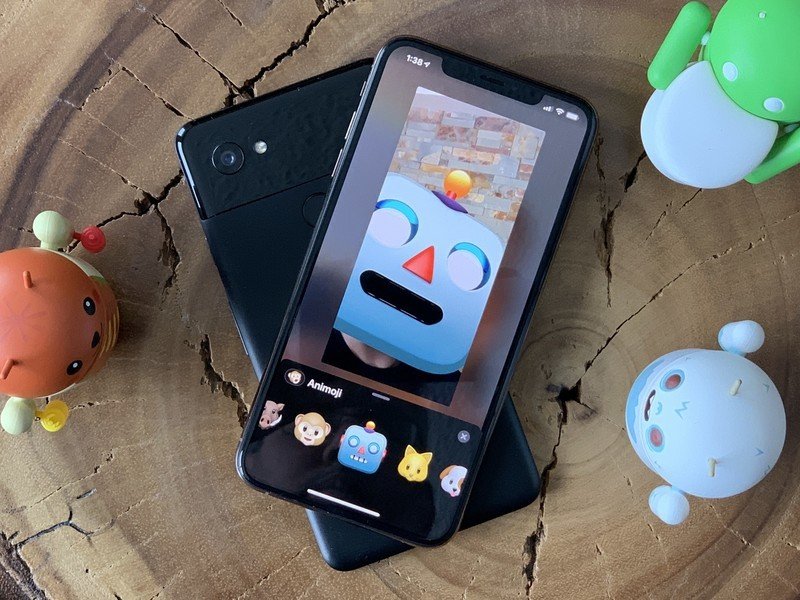
Apple wants Android users to have an inferior FaceTime experience.
That's because there won't be a native Android app for FaceTime the way there is with Google Duo, Zoom, WebEx, or countless other video chat services. Based on the information we know, you'll need an iOS 15-powered device just to start a FaceTime call, which you'll then be able to create a link to and share out to others.
While that will finally include Android users within FaceTime chats — a missing service that's been problematic for years — it ultimately does not open the service up to non-Apple users in the way Apple Music, Apple TV, or several other Apple-branded services now do.
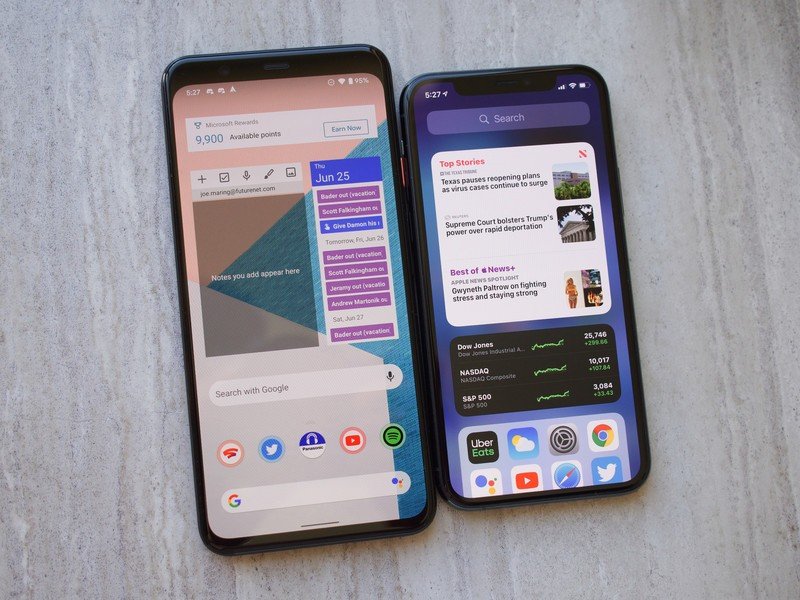
Recently, we delved into the world of users switching from iOS to Android; a phenomenon that appears to be happening at a record pace with little mention of it from Apple itself. For years, Apple has operated under the guise of providing a more secure, private environment for its users by offering a curated app store that it then takes a cut from. The recent Epic vs. Apple trial brought this much to light:
"Epic wants us to be Android, but we don't want to be."Karen Dunn, lawyer for Apple
It's interesting, then, that Apple has been slowly turning into a services company that has begun allowing more and more users to access its coveted properties without owning its devices. We've seen the veil slowly lifted over the years, from the ability to use Apple Music and Apple TV on non-Apple devices to the ability to finally watch Apple's annual WWDC conference (officially) on non-Apple devices. So why the half-baked effort on FaceTime for Android?
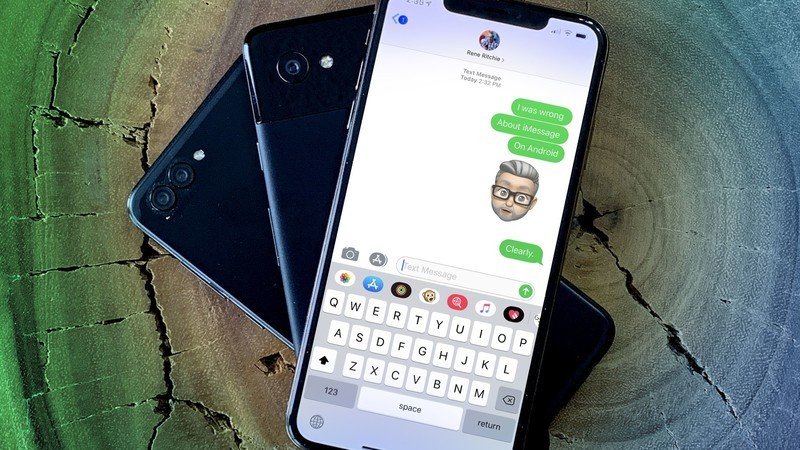
To me, it feels like Apple isn't yet ready to erase the stigmas it worked to create with green bubbles. By keeping its core services still largely locked to an iPhone — or, at least, the very best version of its services locked to its hardware — it can still operate under the guise of holding the crown of the very best smartphone experience. In fact, I can very much see this acting as a new form of green bubbles. Before, Apple users had to download Google Duo, Zoom, or whatever their Android-toting family and friends used.
Get the latest news from Android Central, your trusted companion in the world of Android
FaceTime Links are the new green bubbles.
Now that they don't have to, it's easier than ever to stubbornly insist on using the Apple software built into their Apple phone to get the job done. You'll just have to send a link to your Android friends and wait ages for them to finally join the call because, this way, even the best Android phones will be "slow." I can see it now: ew, links. I don't send those things out.
It's an interesting dichotomy between Apple's move to being a services-based company and the fact that it wants users to buy into the broader ecosystem of its products — not just iPhone ownership. Apple is continuing to build better and better ways of making its products talk to and work with each other instead of worrying about letting more companies and products into the fold.
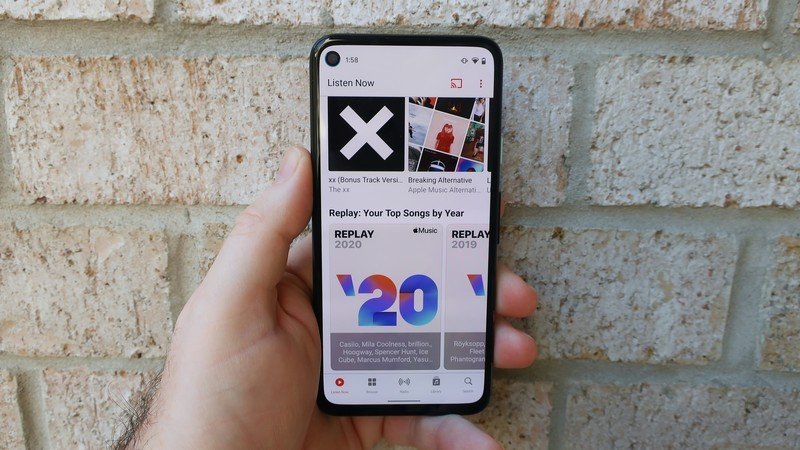
Giving Android users a glimpse into the world of Apple services and products — but only by going through extra steps — continues to stigmatize Android usage among Apple owners. Further, it creates an environment where peer pressure brings more users into the Apple fold.
It's genius, really.

